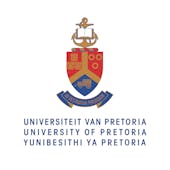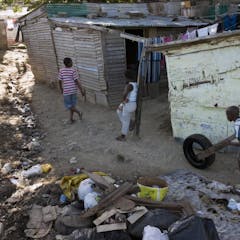
University of Pretoria

The University is a values-based, research-intensive university that equips its students to succeed in a rapidly changing world by providing students with inquiry-led training and learning opportunities. The University of Pretoria’s long-term Strategic Plan captures the essence of a shared vision, aiming to sustain UP’s quality and relevance as a university that is firmly rooted in Africa, and to harness its existing and future potential for diversity. UP strives to ensure that it is recognised in the global marketplace of knowledge production.
UP has nine faculties and a business school: - Economic and Management Sciences - Education - Engineering, Built Environment and Information Technology - Health Sciences - Humanities - Law - Natural and Agricultural Sciences - Theology - Veterinary Science (the only faculty of its kind in South Africa) - the Gordon Institute of Business Science (GIBS).
The University of Pretoria came into existence in 1908 as the Pretoria branch of the Transvaal University College. The College became a fully-fledged university in 1930 and the colloquial name Tuks, or Tukkies, was derived from the acronym TUC for Transvaal University College. UP’s current facilities portfolio consists of more than 790 buildings and structures spread over 33 sites located on six campuses that cover 1100 hectares of land. In the 106 years of its existence the University has produced more than 230 000 alumni. The University prides itself on producing well-rounded, creative graduates, responsible, productive citizens and future leaders. Great emphasis is placed on student life and support as well as the advancement of sport, art, culture and music.
Links
Displaying 61 - 80 of 711 articles




















